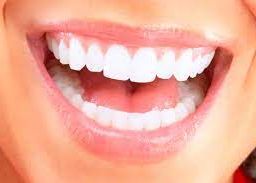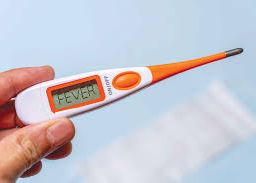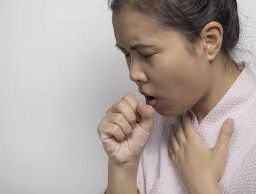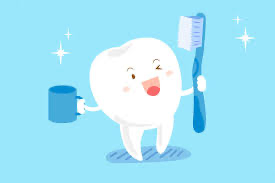
Common Dental Problems: Prevention and Treatment Tips
Are you concerned about dental problems affecting your oral health? Discover simple yet effective tips to maintain a healthy smile and prevent common issues. From proper brushing and flossing techniques to the importance of regular dentist visits, we’ve got you covered. Take control of your oral hygiene today!
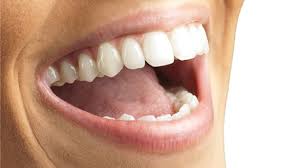
Maintaining good oral health goes beyond just having a sparkling smile; it is essential for overall well-being. Poor dental health can lead to various issues, including tooth decay, gum disease, and even systemic health problems. We will now discuss practical tips to help you maintain excellent oral health and prevent common dental problems, ensuring a healthy and radiant smile for years to come.
Dental health tips
Brush Twice a Day:
Brushing your teeth at least twice a day is the foundation of good oral hygiene. Use a soft-bristled toothbrush and fluoride toothpaste. Brush gently in a circular motion, covering all tooth surfaces, including the gumline. Remember to replace your toothbrush every three to four months or sooner if the bristles become frayed.
Don’t Forget to Floss:
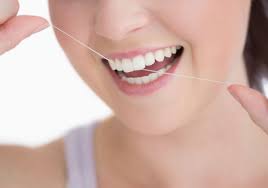
Flossing is often overlooked but is crucial for removing plaque and food particles from between the teeth and along the gumline. Make it a habit to floss at least once a day. Use a gentle back-and-forth motion and curve the floss around each tooth, reaching below the gumline. If traditional floss is challenging to use, consider using floss picks or water flossers as alternatives.
Rinse with Mouthwash:
Using an antimicrobial mouthwash can help control bacteria and freshen breath. Rinse your mouth with mouthwash after brushing and flossing. Look for a mouthwash that contains fluoride to strengthen tooth enamel. However, avoid using mouthwash immediately after brushing, as it can wash away the beneficial fluoride from the toothpaste.
Maintain a Healthy Diet:
A balanced diet plays a vital role in maintaining good oral health. Limit sugary and acidic foods and beverages, as they can contribute to tooth decay and enamel erosion. Instead, opt for a diet rich in fruits, vegetables, whole grains, lean proteins, and low-fat dairy products. These choices provide essential nutrients for healthy teeth and gums.
Limit Snacking and Sipping:
Frequent snacking and sipping sugary or acidic beverages throughout the day can expose your teeth to prolonged acid attacks. This can lead to enamel erosion and tooth decay. Try to limit snacking between meals and opt for water or unsweetened drinks as your primary choice for hydration.
Protect Your Teeth:
Protecting your teeth during sports or activities that may pose a risk of injury is essential. Wear a mouthguard when participating in contact sports or engaging in activities with the potential for dental trauma. Custom-fitted mouthguards offer the best protection, as they are specifically designed to fit your mouth and teeth.
Visit Your Dentist Regularly:

Regular dental check-ups are vital for preventive care. Schedule biannual visits to your dentist for professional cleanings and comprehensive oral exams. These visits allow early detection of dental problems, such as tooth decay or gum disease, and enable prompt intervention. Your dentist can also provide personalized advice on oral hygiene techniques and address any concerns you may have.
Quit Tobacco Use:
Tobacco use in any form poses significant risks to oral health. Smoking or chewing tobacco increases the likelihood of gum disease, oral cancer, tooth discoloration, and bad breath. Quitting tobacco not only benefits your oral health but also improves your overall well-being.
Practice Stress Management:
Stress can contribute to oral health problems such as teeth grinding (bruxism) or jaw clenching. These habits can cause tooth wear, jaw pain, and headaches. Engage in stress-relieving activities like exercise, meditation, or hobbies to manage stress effectively and protect your oral health.
Teach Good Oral Hygiene Habits:
Instilling good oral hygiene habits in children from a young age sets the foundation for a lifetime of oral health. Teach them how to brush and floss properly and encourage healthy eating habits. Make dental visits a regular part of their routine, helping them develop a positive association with dental care.
Be Aware of Changes in Your Oral Health:
Regularly examine your mouth for any changes or abnormalities. Look for signs of gum inflammation, tooth sensitivity, or unusual lumps or sores. If you notice anything concerning, consult your dentist promptly. Early detection and treatment are key to preventing dental problems from worsening.
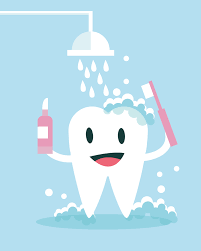
Maintaining good oral health requires consistent effort and proactive measures. By adopting simple habits like brushing and flossing, eating a balanced diet, visiting your dentist regularly, and protecting your teeth, you can prevent common dental problems and enjoy a healthy smile. Remember, oral health is an integral part of overall well-being, so prioritize your oral hygiene for a lifetime of healthy teeth and gums.
Disclaimer: The information provided in this content is for general informational purposes only. It is not intended as medical or healthcare advice, diagnosis, or treatment. Always seek the advice of a qualified healthcare professional with any questions you may have regarding a medical condition or healthcare decisions.




